In a project that places collaboration and inclusion at its core, photographer Catherine Hyland celebrates New Malden’s community of North Koreans whose infectious desire and determination to enjoy life through dance, song and other community-focused activities sets an example from which we could all learn.
After reading Barbara Demick’s acclaimed book Nothing to Envy: Ordinary Lives in North Korea some years ago, Catherine Hyland’s interest in the region and its people was set in motion. She began going to talks given by North Korean defectors in London and gradually started to get to know some of the people who have successfully made it out of North Korea to start new lives in the UK.
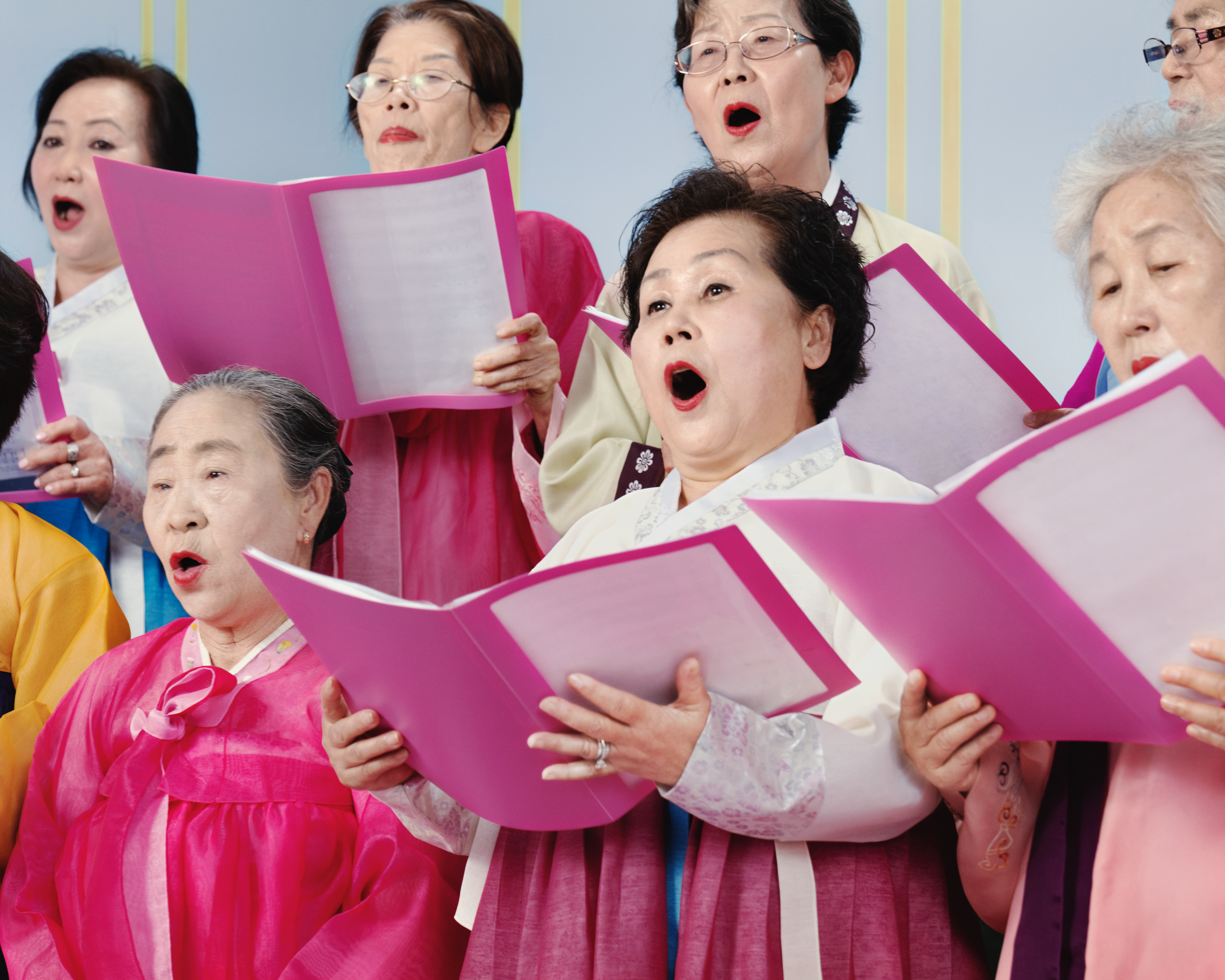
“It’s something you can’t quite get your head around and I’m always quite curious about complicated stories,” says Hyland, whose work often focuses on people’s relationship to the places they inhabit.
When the opportunity arose to pursue a project in collaboration with a community of North Korean defectors in the south London suburb of New Malden, home to the largest community of defectors outside the Korean Peninsula, Hyland jumped at the chance to hear their stories.
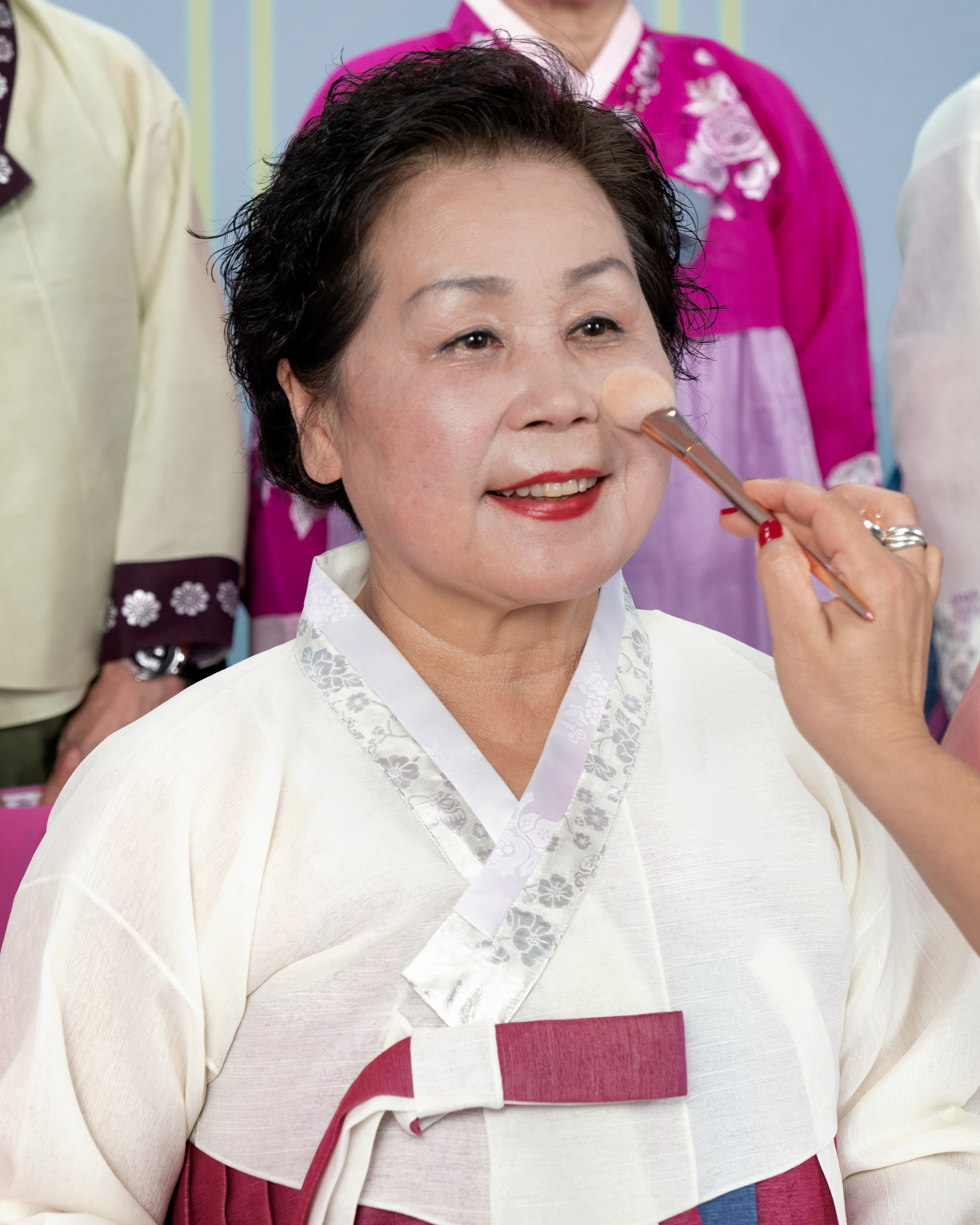
Teaming up with creative director Gem Fletcher, Hyland contacted the charity Connect: North Korea that supports North Koreans who have come to London, and from there was introduced to The Korean Senior Citizen Society, a volunteer-run group that operates from the back room of a charity shop. The group, whose members are between the ages of 55 to 94, organises all kinds of activities such as laughter therapy sessions, reflexology, English lessons, traditional Korean instrumental lessons, and choir practices, and there is also a traditional dance troupe that regularly meets at the back of the shop to practise routines.
Every day members cook for each other and eat together, the emphasis very much being on inclusivity and supporting one another. It is no exaggeration to say that for the senior citizens who attend, the society is a lifeline, says Hyland, as it provides a chance to share memories of home, traditional rituals and hopes for the future in a safe, caring environment. There is a great sense of camaraderie too.
“I’d been thinking about how people get trapped in a narrative of trauma,” says Hyland. “It’s almost as though you’re supposed to feel ashamed of your past when something bad has happened to you. So the rituals and the performing of these dances are ways of expressing their culture but not having to do it through language, which I think is quite healing. I began thinking about movement as a form of healing and how non-verbal activities are often the things that resolve trauma rather than having to sit and relive something.”
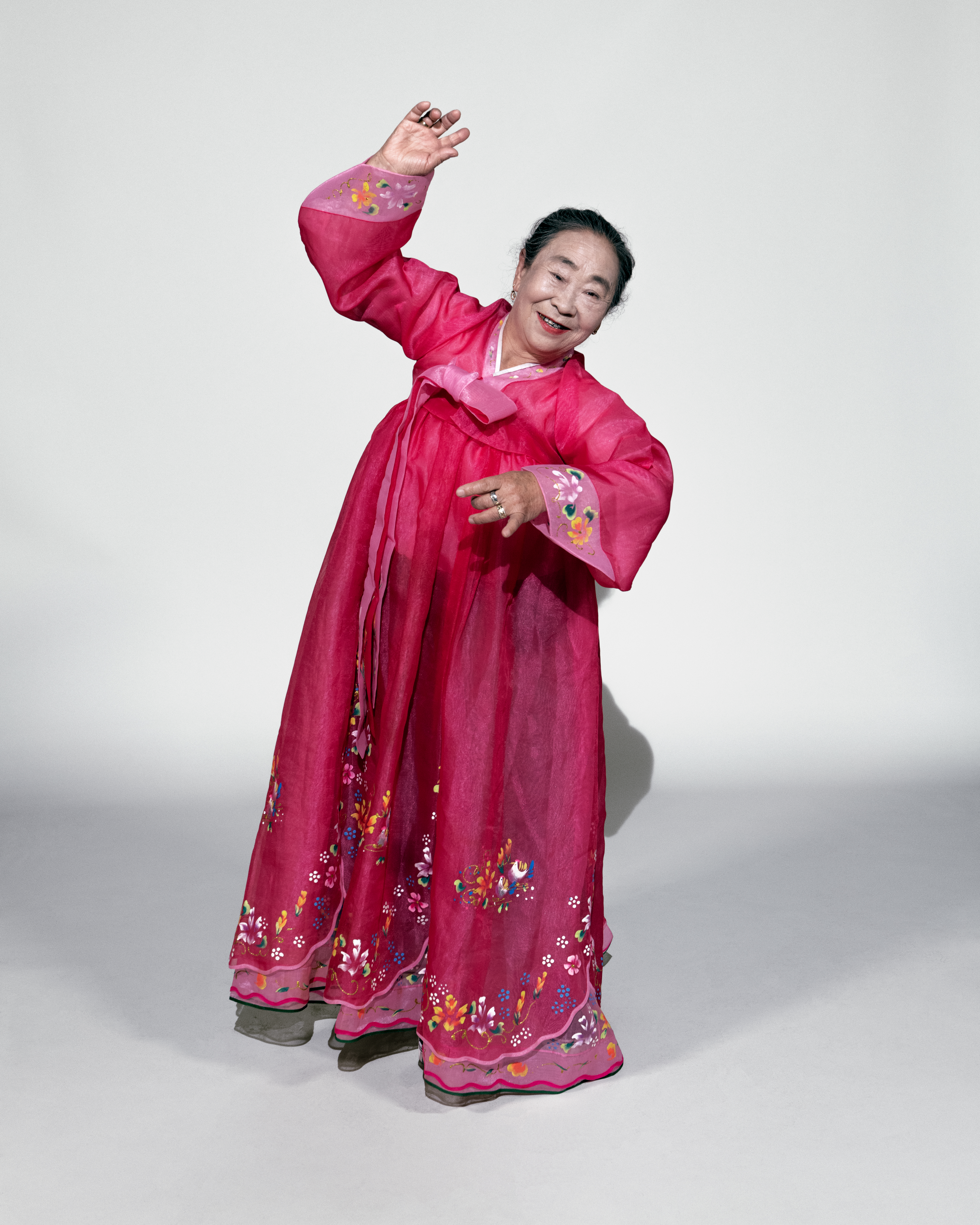
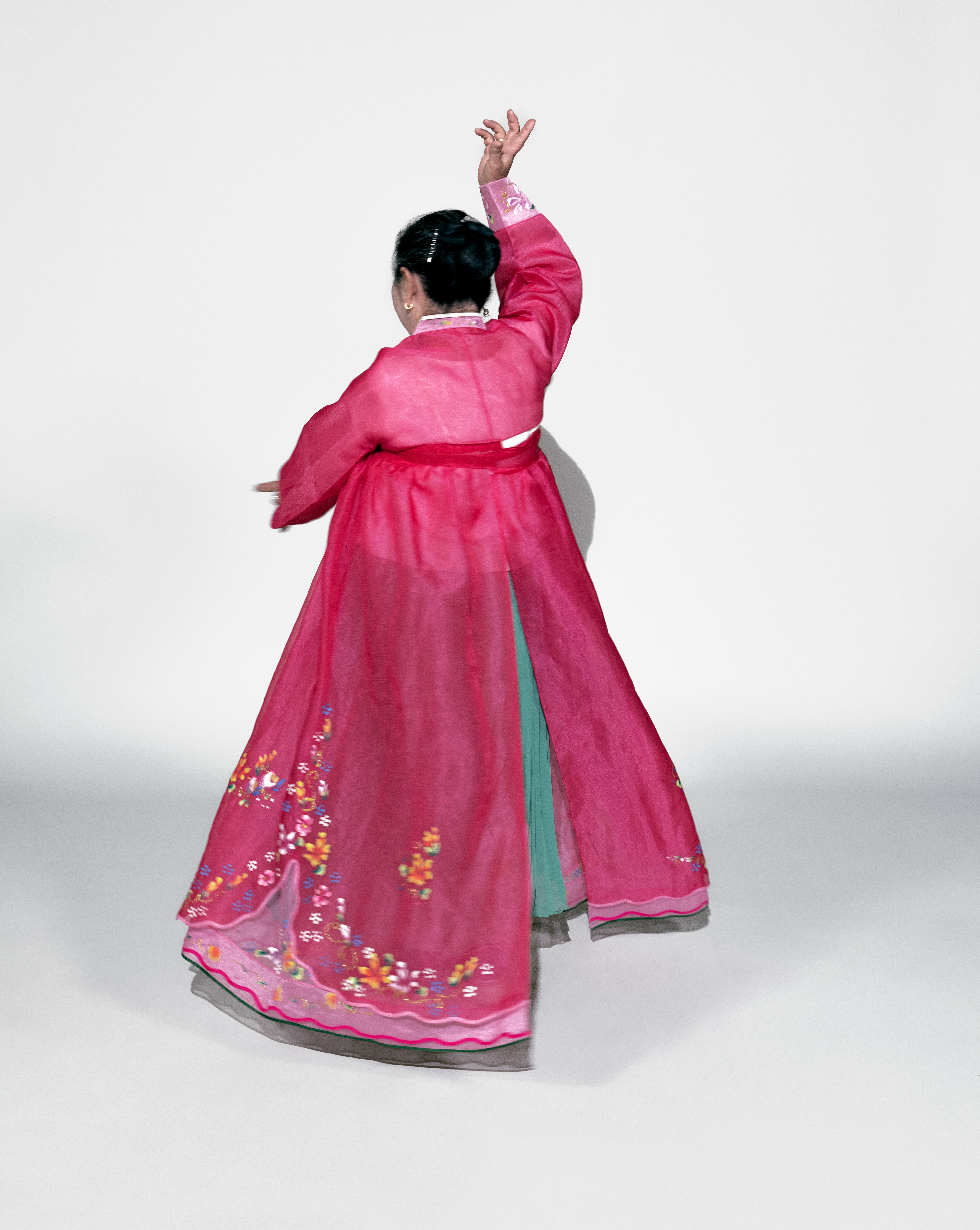
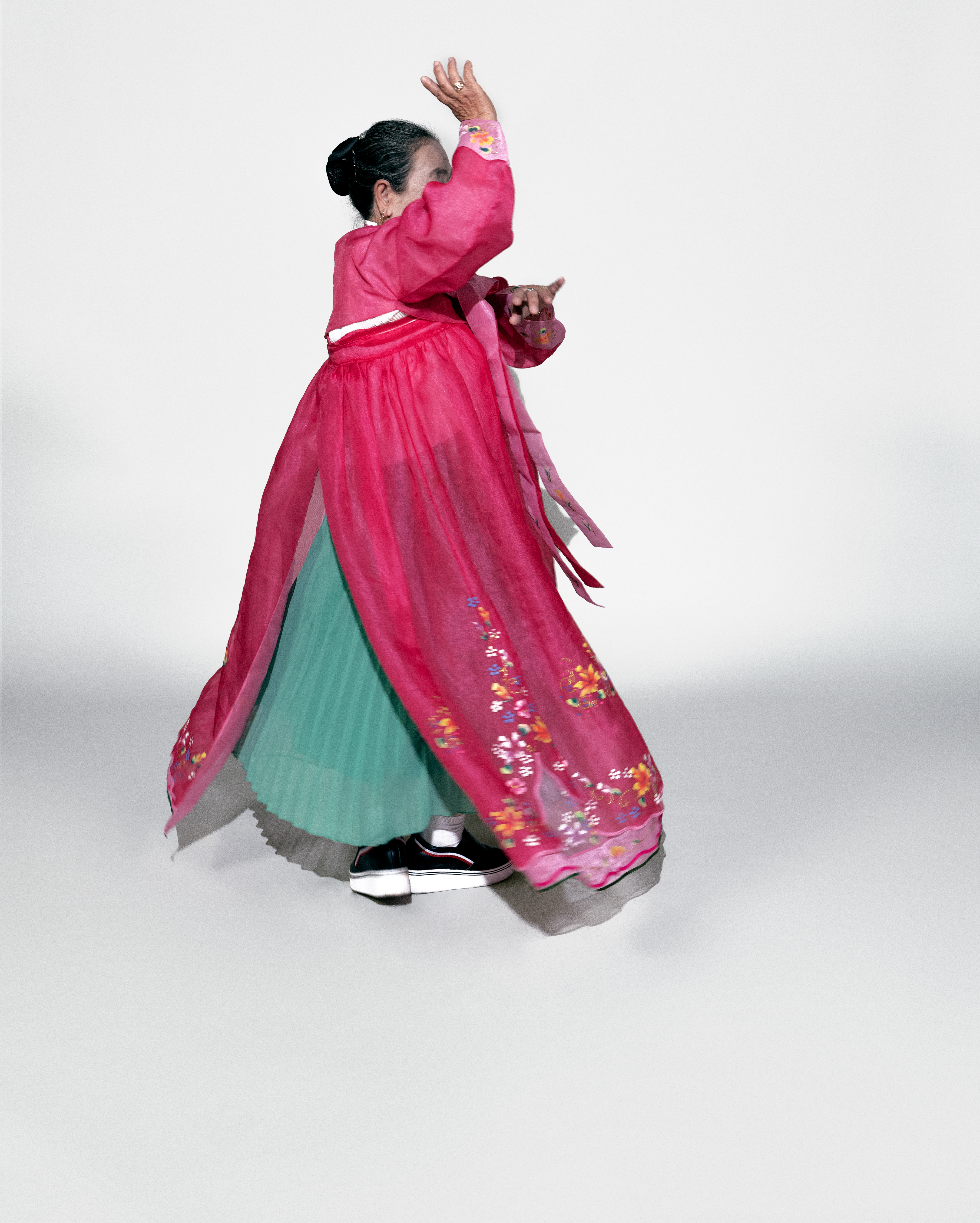
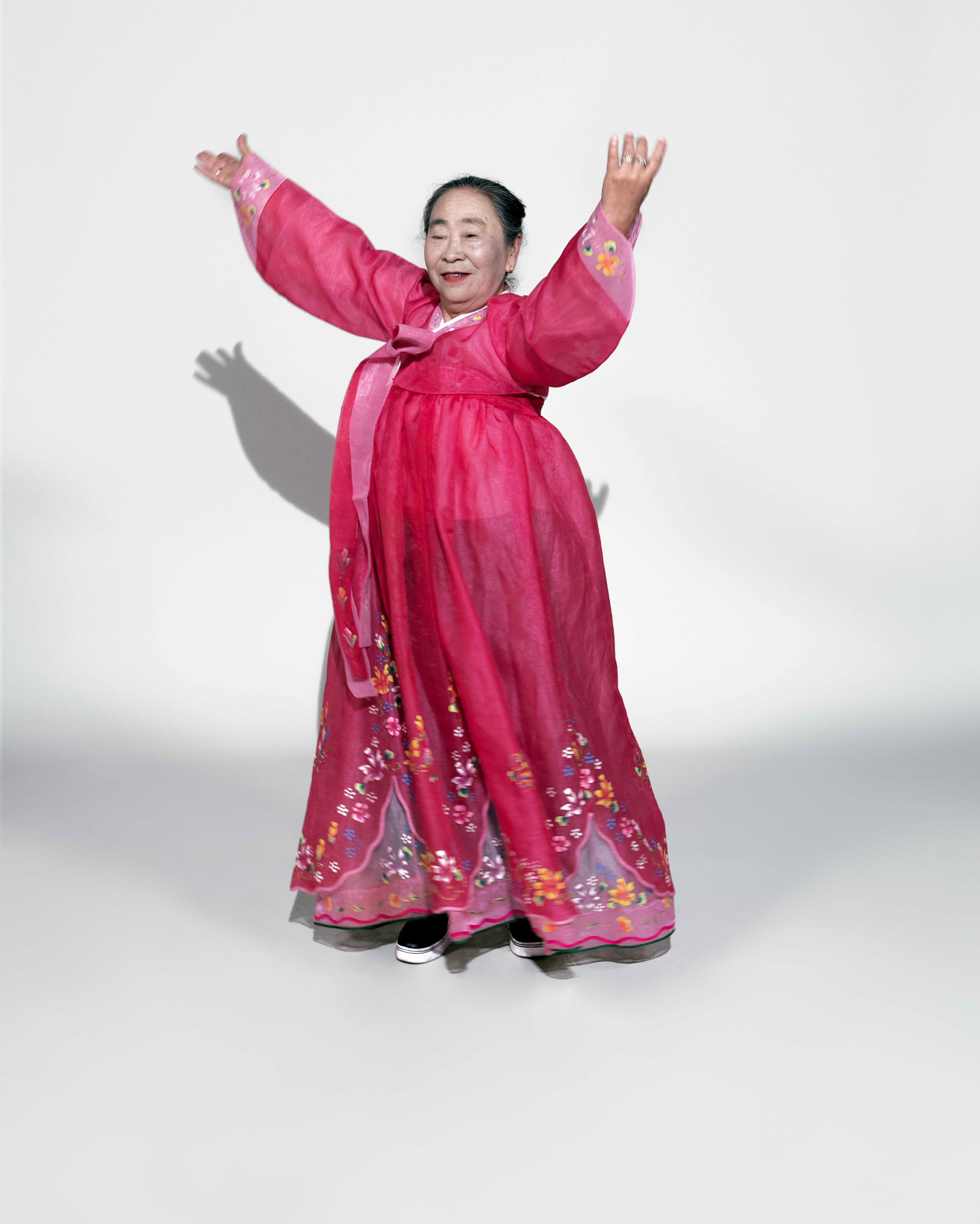
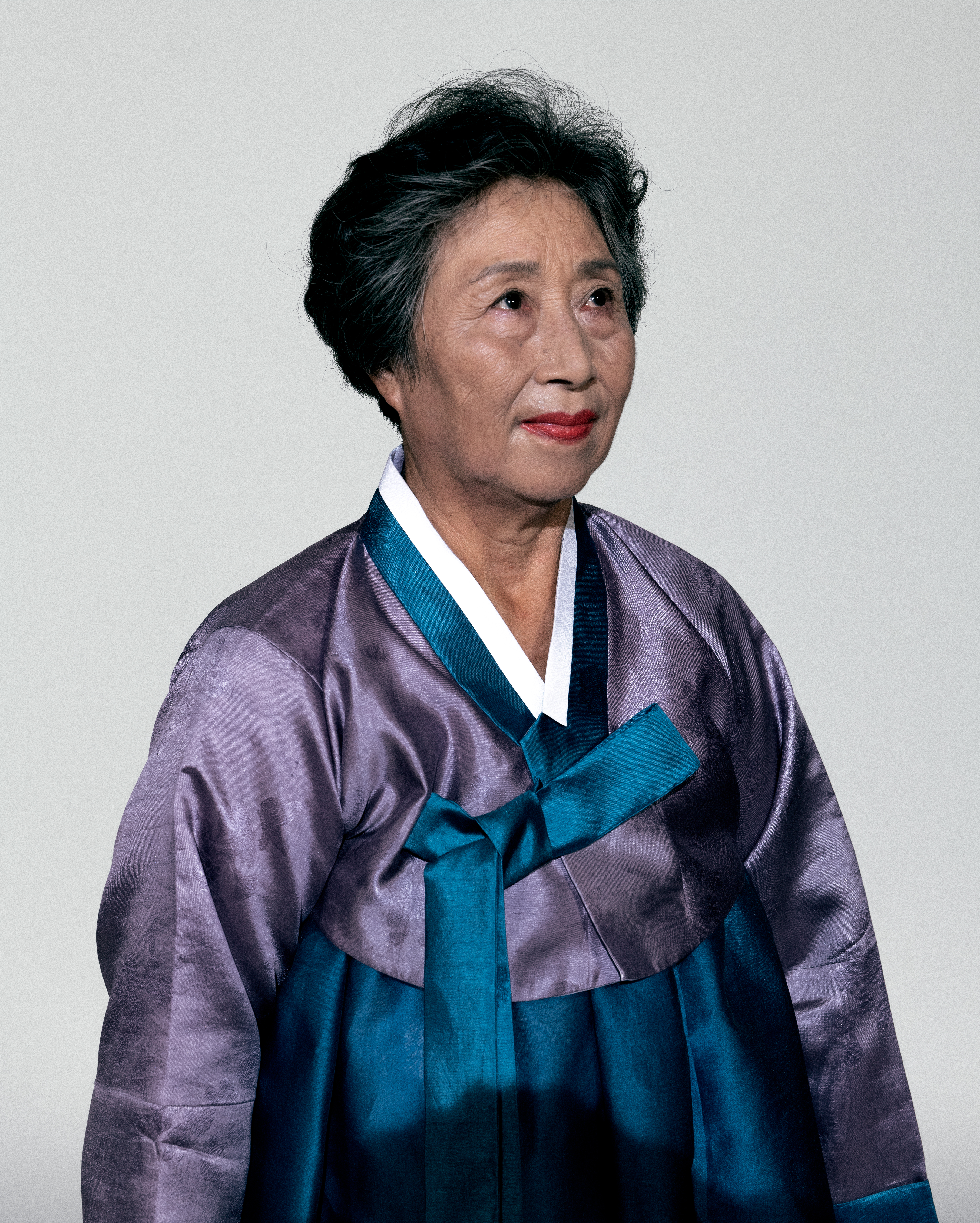
The senior citizens’ determination to enjoy their lives and to find and hold onto happiness was quite staggering, says Hyland, who was also moved by their strength, sense of purpose and resilience. “I think that’s how the whole community is built,” she says. “It’s like, let’s make these activities that give us a reason to be together, to be connected. They’re really good at making sure there’s something for everyone to do.
“As time went on, I realised that we project our Western narrative onto North Koreans about how they should feel coming from North Korea,” she continues. “‘You must be so traumatised by this.’ But when you meet these people they can talk about it clearly without getting upset. I think you can process something when you are healthy and happy – and they are happy and they are healthy. I think that’s probably because they have found this very resourceful group of people who all support each other.”
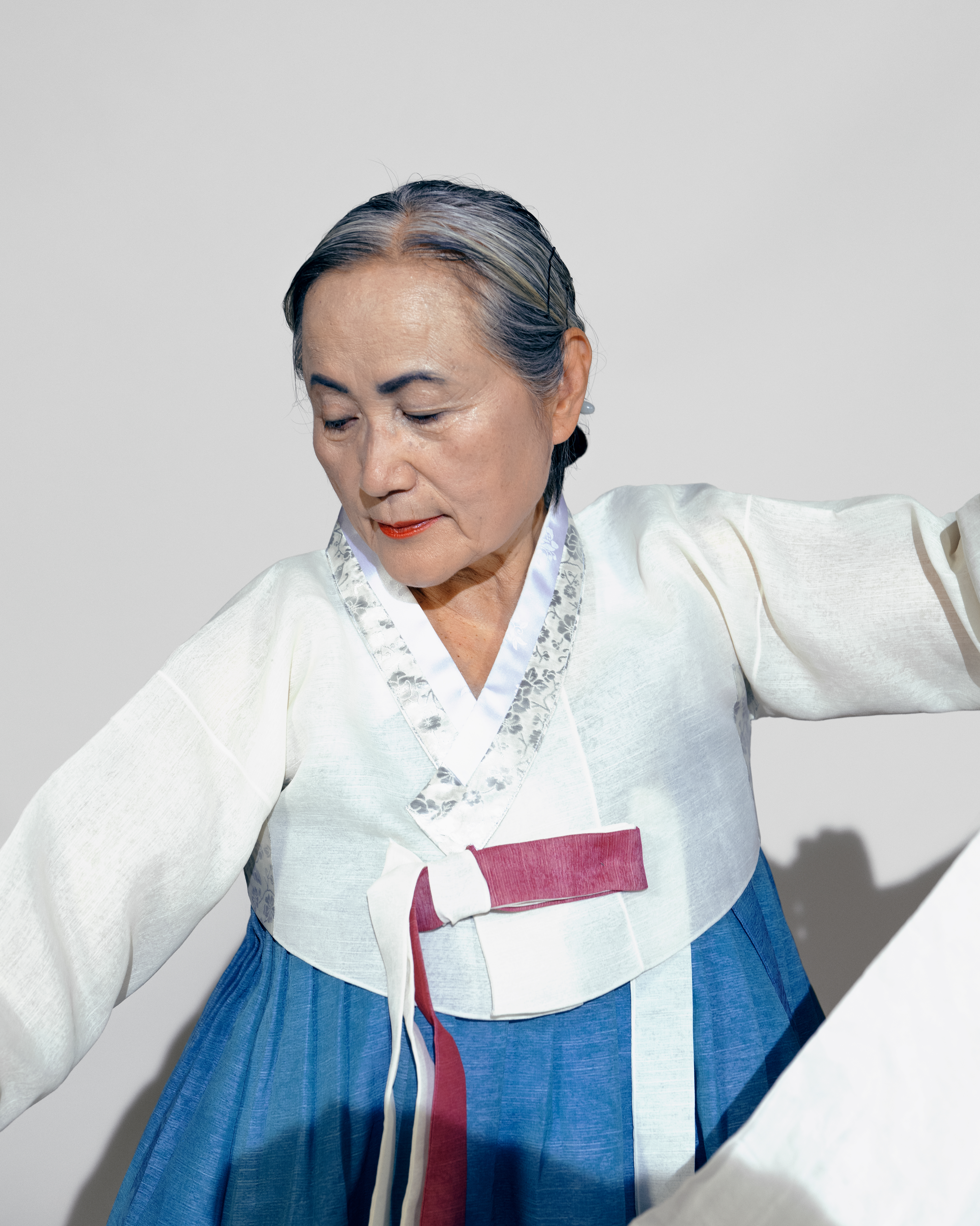
Hyland also spent time at K-pop dance competitions in local churches in New Malden where people from all walks of life – young North Koreans, South Koreans and other Londoners – come together and connect through dance. The energy at these events, to which everybody is welcome, is infectious, she says, and they are a chance for people to express themselves freely. She also got to know local artist Surl Lee, who is a builder by trade, and visited festivals celebrating North Korean culture and K-pop in New Malden and Preston. Hyland also mentions meeting a North Korean chef who runs a restaurant hidden away behind a small supermarket, and how they shared various North Korean dishes.
Her plan is to release the project in chapters with each one comprising a short film and accompanying series of stills. The Senior Citizen Dance Troupe chapter is the first to be released (featured here), followed by one on K-pop focusing on diversity and acceptance, another about Surl Lee and faith in art, and a final chapter on rituals in relation to food.
Hyland’s aim with the project has always been to challenge stereotypes and assumptions about North Korean people and the lives they lead, adding that she wanted to look at traditional rituals and “how they bind one to home”, and the optimism within that. “I wanted to make something about the community that was uplifting rather than something that’s negative and focuses on trauma,” she says. It’s important North Koreans living in London aren’t treated as ‘the other’, and, as a flourishing part of the London community they are in many ways far better at finding and building communities and traditions than many people born here appear to be, she says.
It was crucial that the project was collaborative. Working with a translator who was also able to introduce Hyland to people and places she would not have otherwise known about, Hyland took time to build trust with members of the community by listening to their stories. Indeed, much of her time was spent getting to know the different groups and learning about their experiences. In her first film, one woman gives a particularly touching account about what being in England means to her. “I could have already aged considerably and become a bent-double grandma, but I have come to such a wonderful world, a happy world, and I am dancing at this age, and doing this.” Another tells a moving story about losing her eyesight and how her husband helps her to learn songs so she can keep singing.
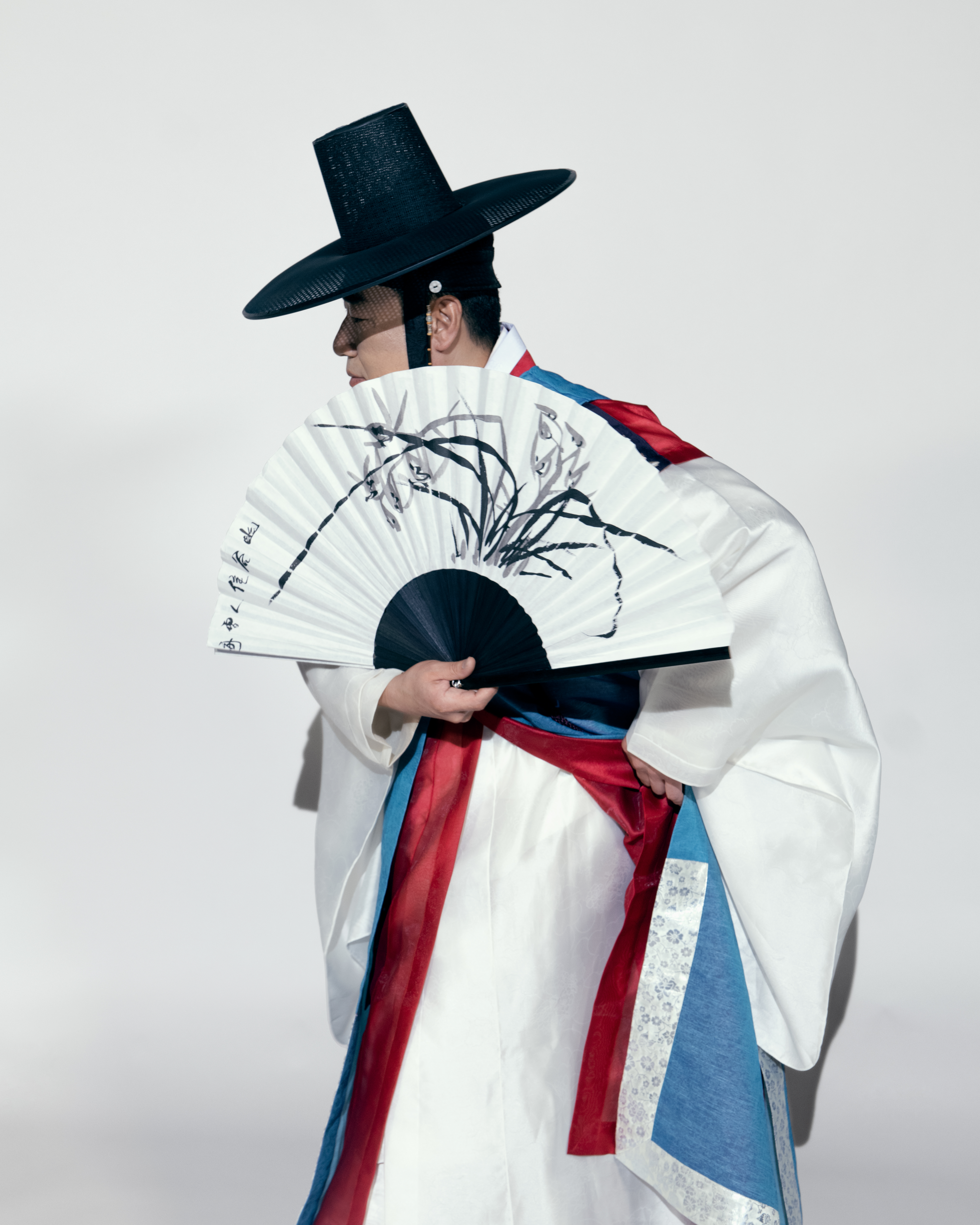
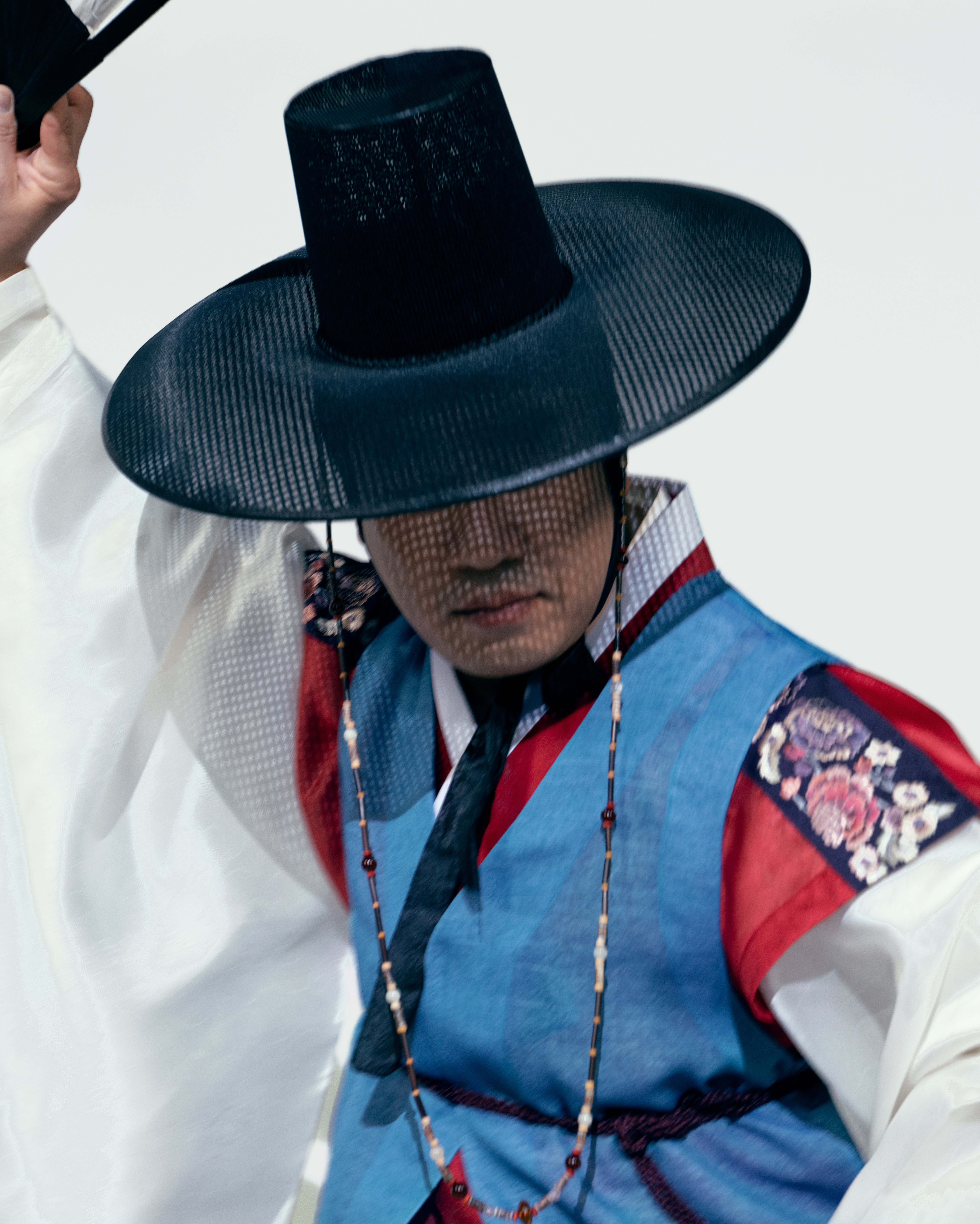
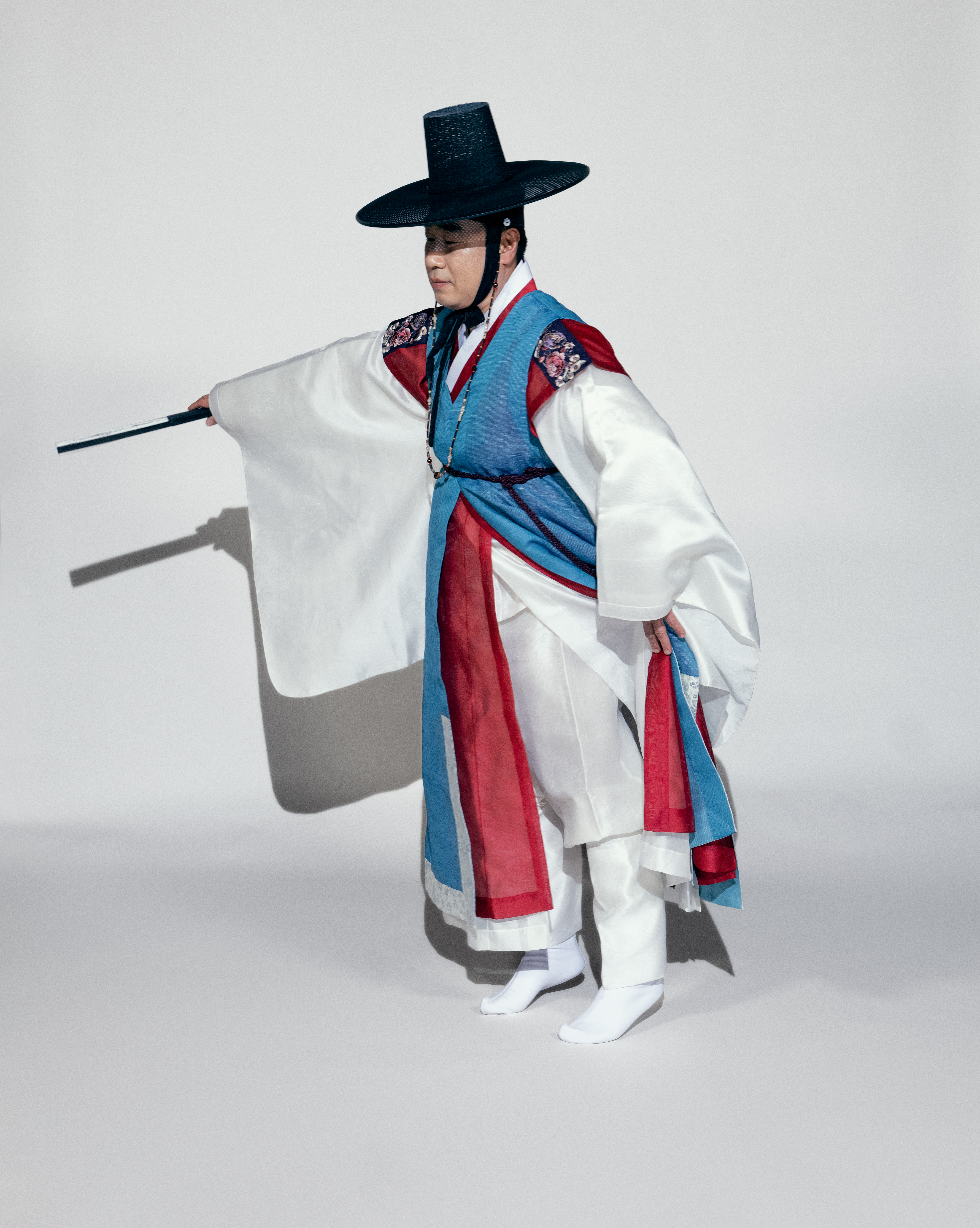
In the past journalists have been quick to descend on the community in New Malden and leave as soon as they have what they need, but Hyland took a different approach, repeatedly visiting the community over many months. “At first they must have thought this is just another person who’s come to film us and will then disappear, and then when I didn’t disappear they started to invite me to more and more things.” Ultimately, it was about being present, open and non-judgemental, says Hyland. “I wanted it to be about their stories.”
The studio shoot, for which Hyland and Fletcher teamed up with set designer Danny Hyland (Catherine’s brother) and DOP Jorge Luis Dieguez, was an especially memorable day. Having a specially made platform on which members of the dance troupe could perform and express themselves added another dimension to the project, making it truly collaborative, says Hyland. “I felt it was very important that we did a studio day. It puts the power back in their hands. It was a case of, just come and show me your favourite dances and we’ll film. I think they really loved the studio day because it made them feel seen.
- Catherine Hyland
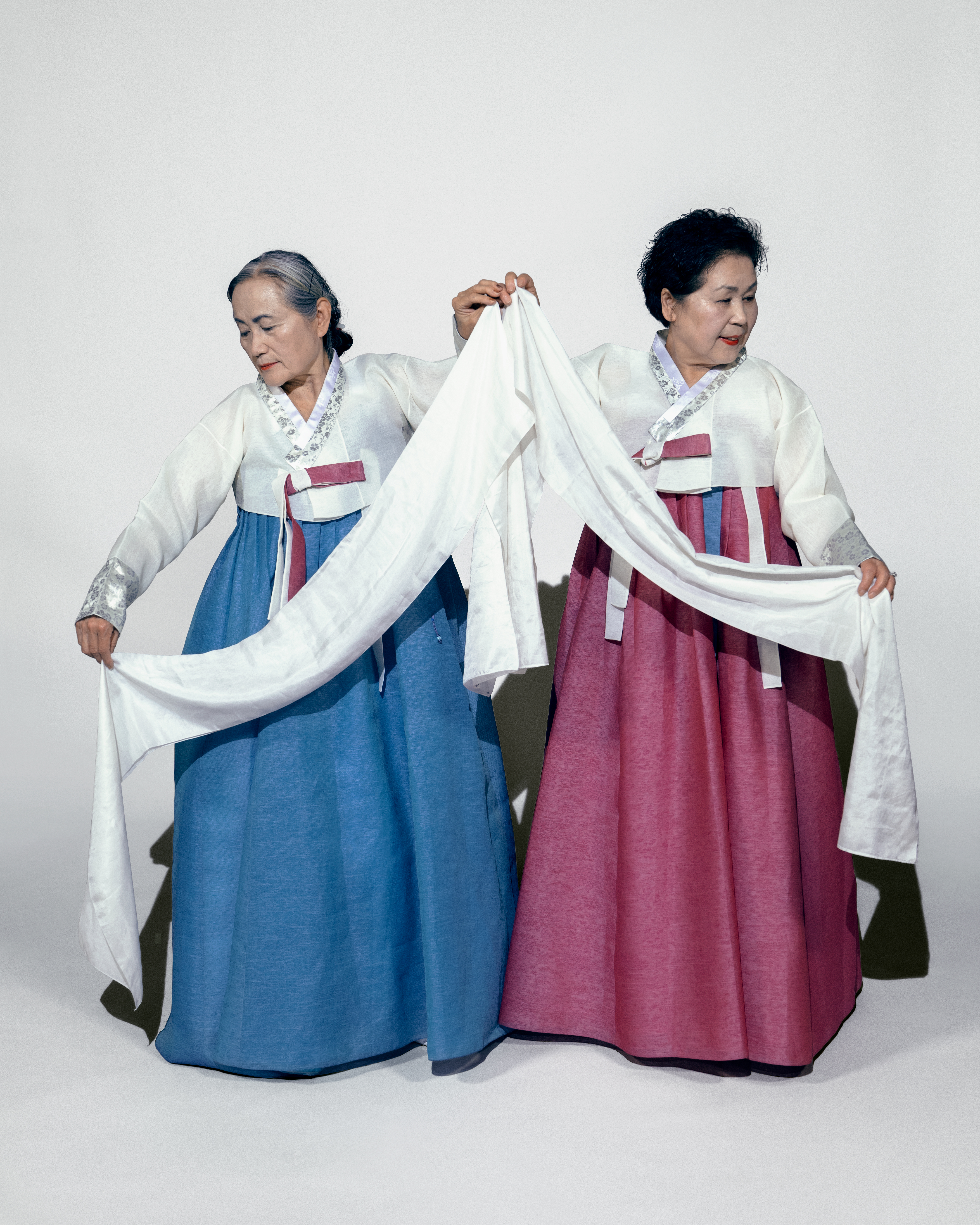
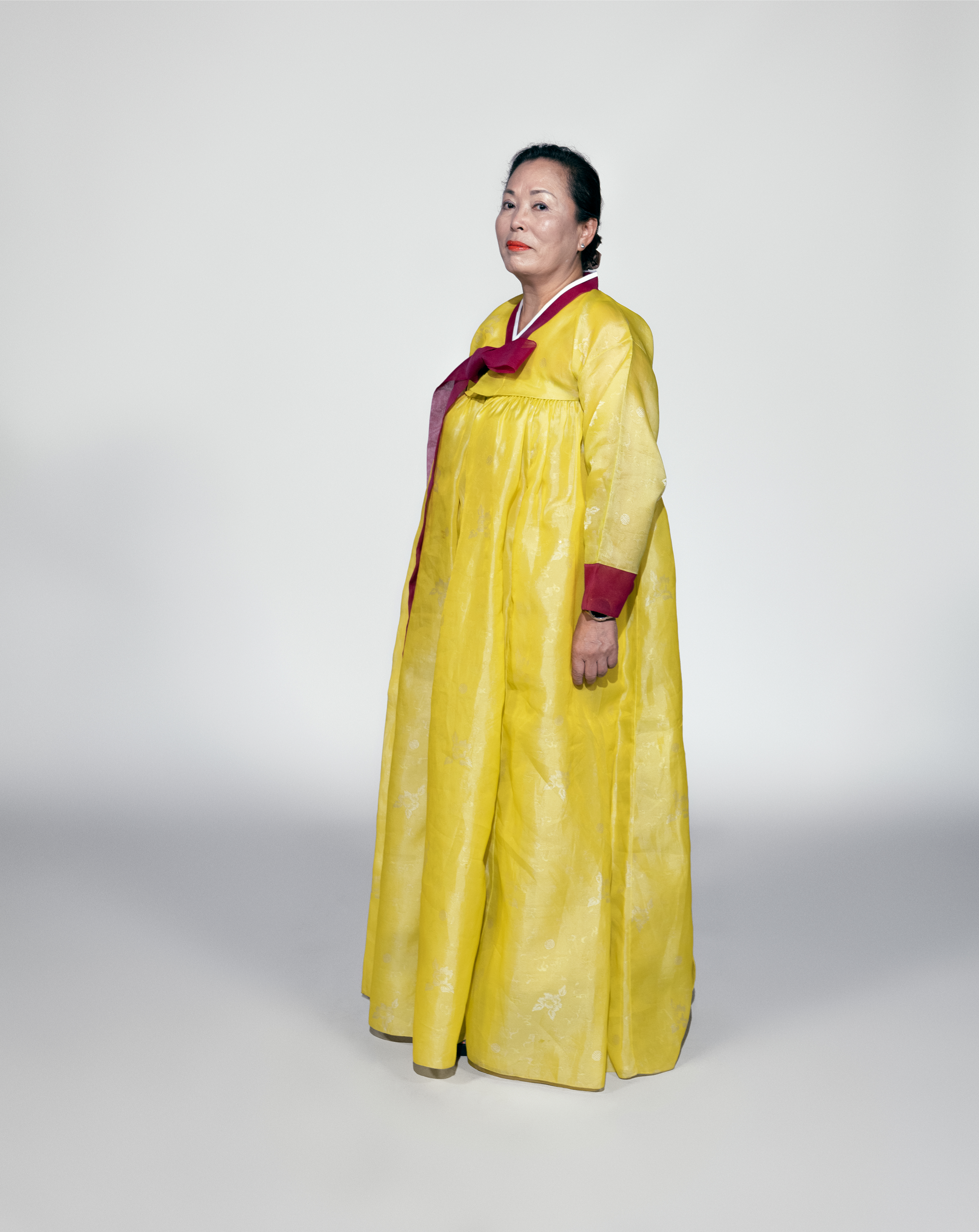
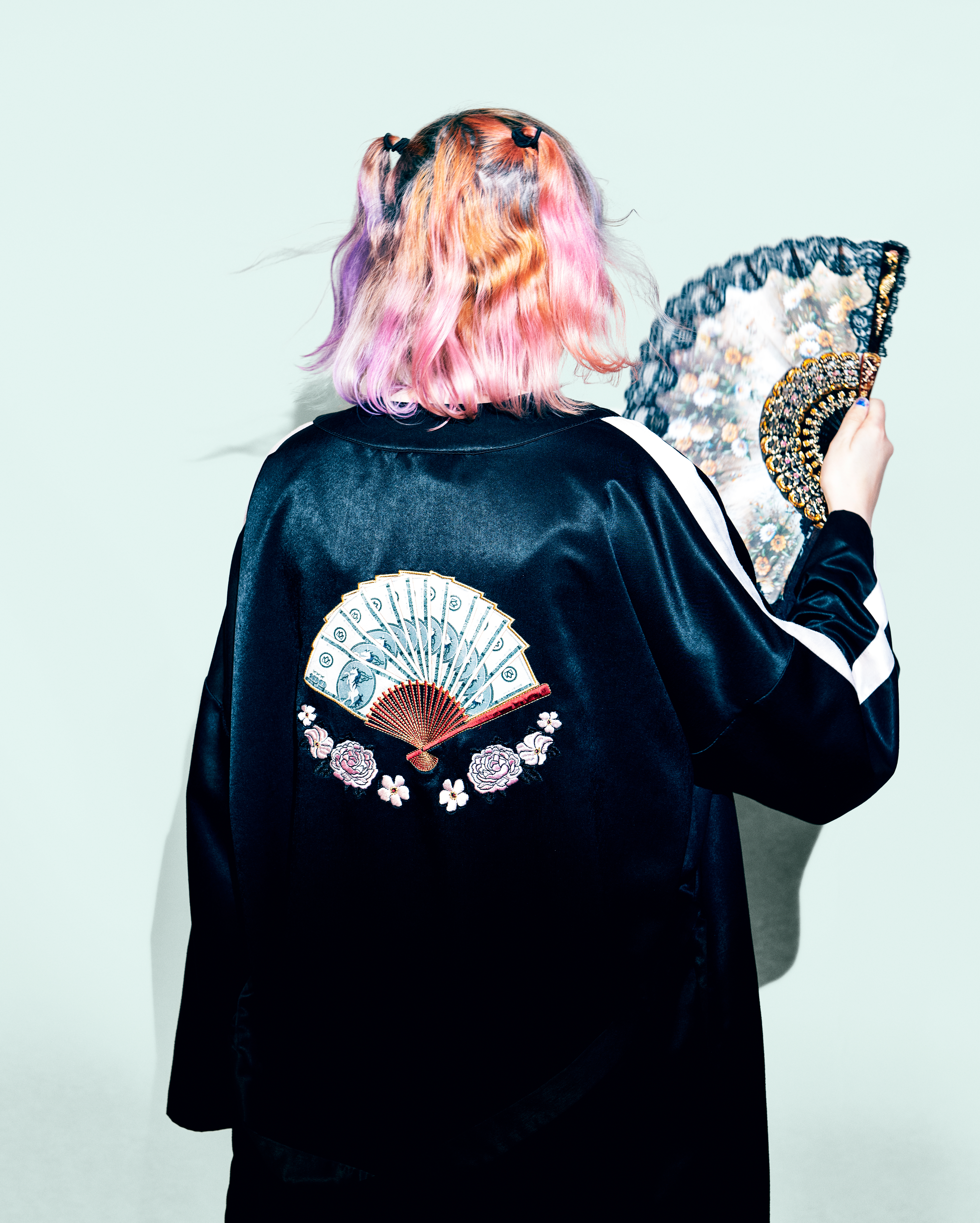
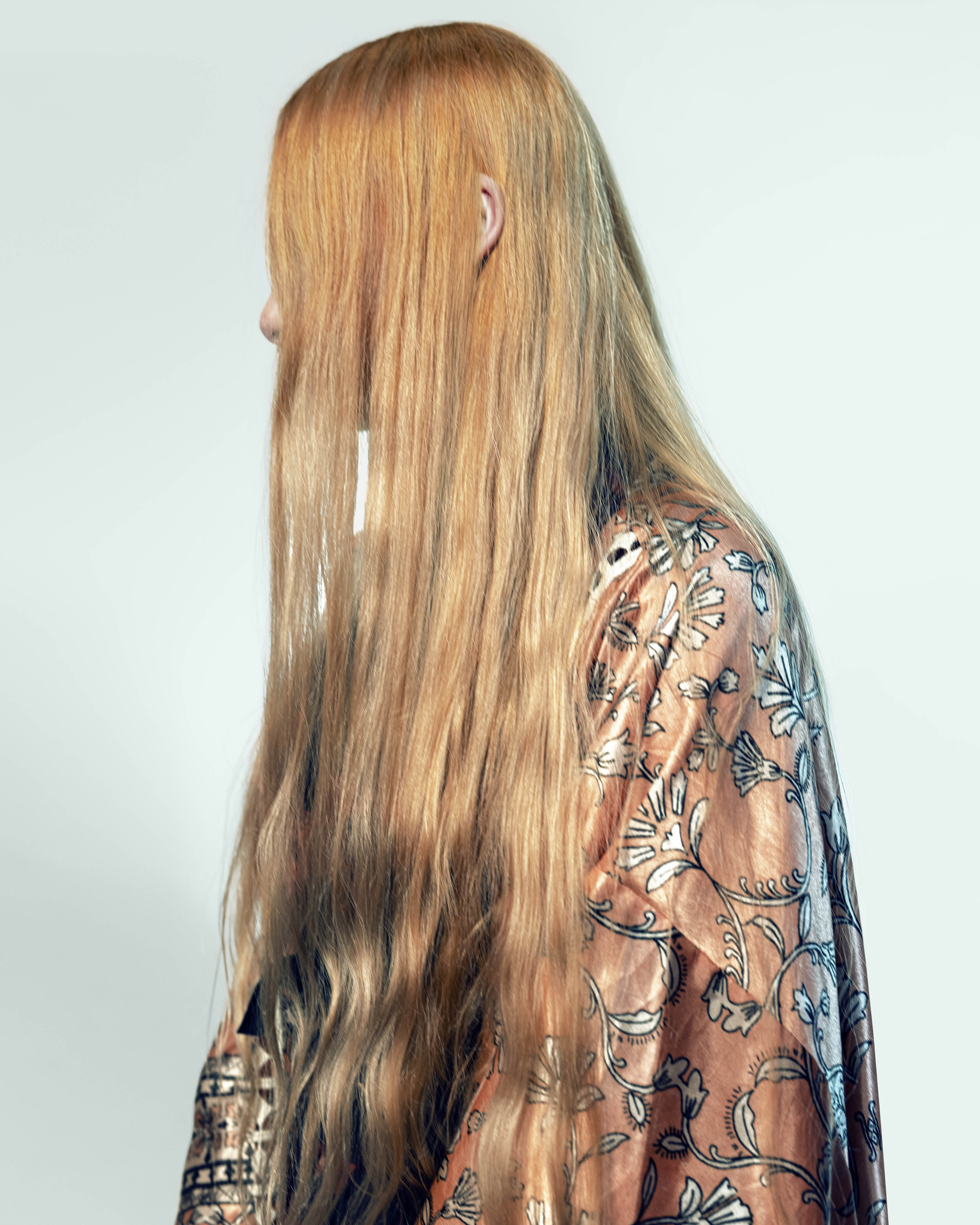
To be kept up to date with the LUMIX Stories for Change projects,
future events and grant opportunities, please click here